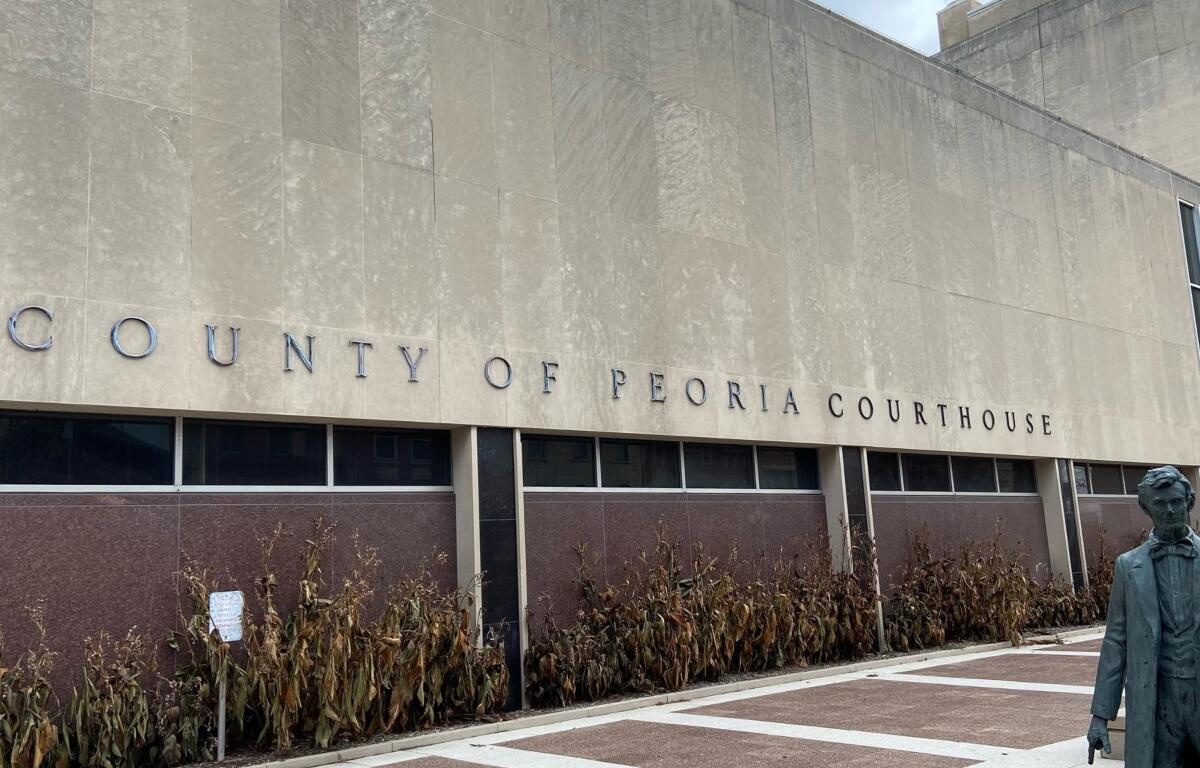Springfield, IL (CAPITOL CITY NOW) – “The prosecution had been seeking a first degree murder conviction. The jury came back with 2nd degree, but that’s not a surprise because it’s often very difficult to convict police officers in the first place.”
That was Loyola Law School professor Laurie Levenson – a former federal prosecutor — reacting to CBS News on the Second Degree Murder verdict a jury gave Sean Grayson Wednesday for the death of Sonya Massey, following more than eleven hours of deliberations.
CBS News legal contributor Jessica Levinson says the jury likely bought parts of both the prosecution and the defense’s arguments.
“My thoughts are that there was a lot going for the prosecution in this case, and that’s why I think we do see that conviction,” said Levinson, to CBS News. “But, there was a defense here that Grayson at least himself believed that he was acting in self-defense.”
Grayson used the word “concerned” on the witness stand regarding what Massey may do with a boiling part of water.
Prosecutors argued that there couldn’t have been self defense, because Grayson was getting more and more angry before he ever entered Massey’s home, opening fire within less than 30 seconds.
Second Degree Murder means the jury believed Grayson was not pre-meditated in his act.
“Given what we’ve heard over the trial, I think that’s where we see the jury ultimately land here, is that they do think that there should be punishment,” said Levinson. “They do think that it is murder, but that they did feel that there was that mitigating circumstance, again, based on the other evidence that the defense presented.”
Evidence from expert witnesses that criticized the prosecution’s experts, and Grayson’s own testimony that he was, at the very least, concerned about what Sonya Massey may do that night last year in her home, given there was a pot of boiling water on the stove.
Regardless of what Grayson was convicted of, Levenson tells CBS News there’s a lesson to be learned, and it has to do with a certain controversial piece of police equipment.
“This case probably highlights how important it is to have body camera footage so that the jurors themselves can see what happened during the encounter,” said Levenson. “Otherwise, you’ll typically have a deputy saying that they felt in fear of having hot water thrown on them, and you have the prosecution saying no they shouldn’t have done that, but the jury here could make the decision for themselves.”
The prosecution also argued that Grayson turned his body-worn camera much later than his partner that night in July of last year – Deputy Dawson Farley.
There also was an argument made that the fisheye-type lens of the camera can make things look different than reality.
This story was developed, in part, from analysis provided to CBS Radio News, of which Newstalk 93.9 & AM 1240 WTAX is an affiliate.




